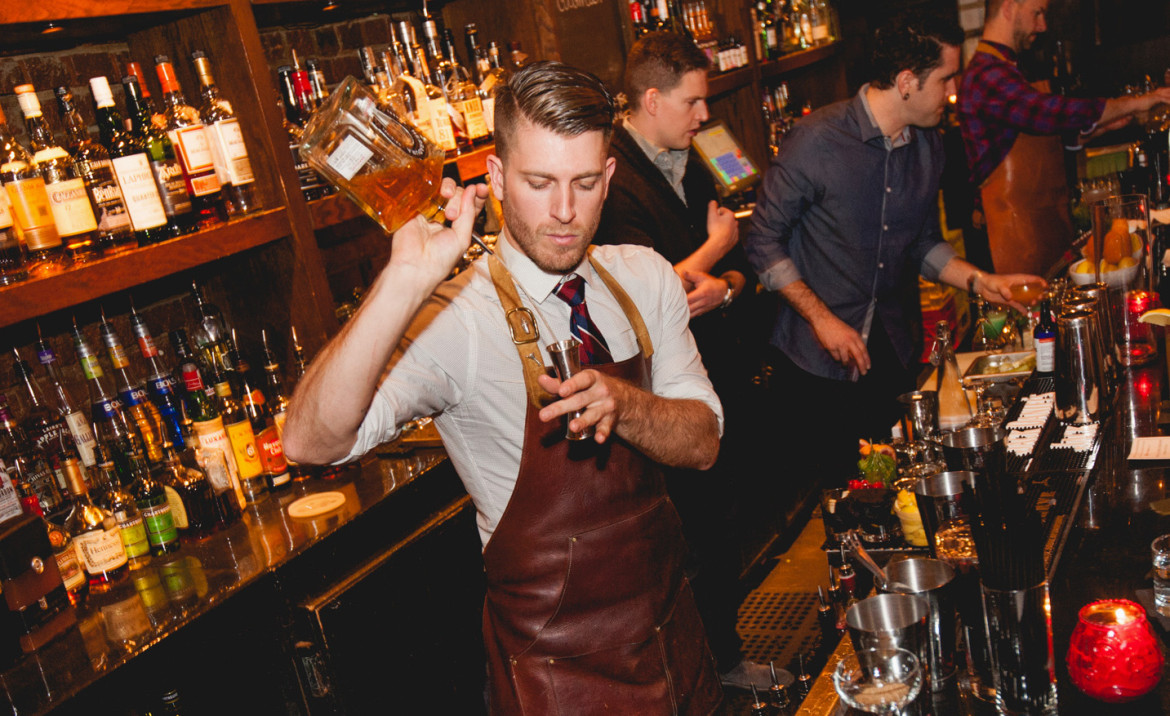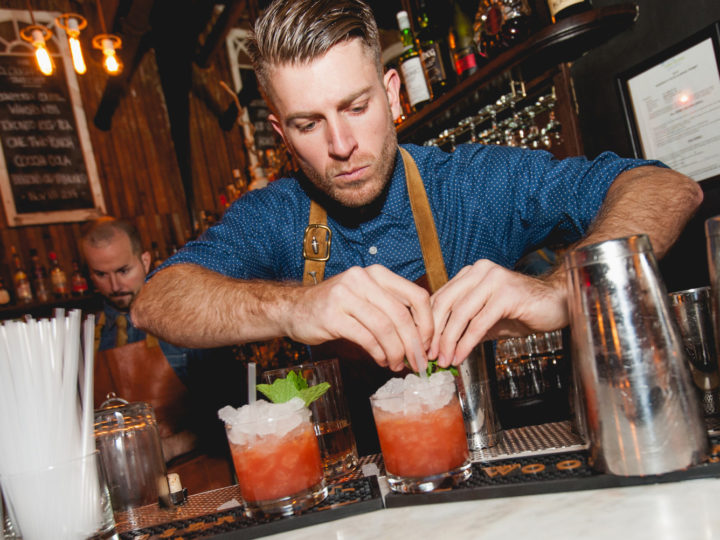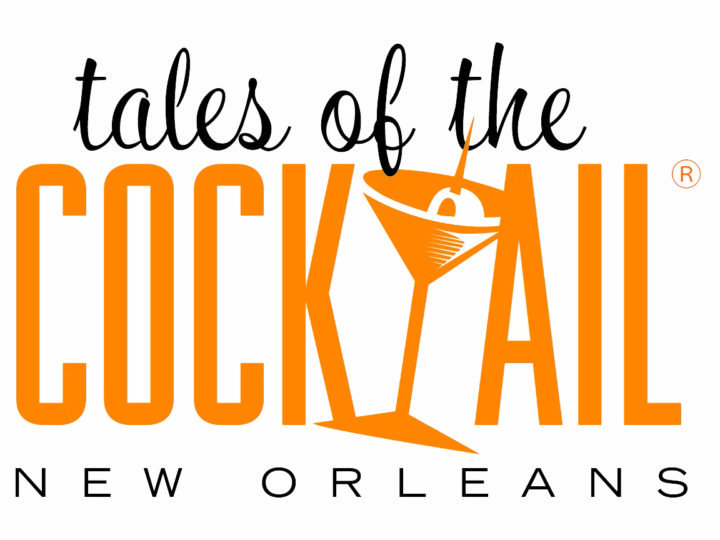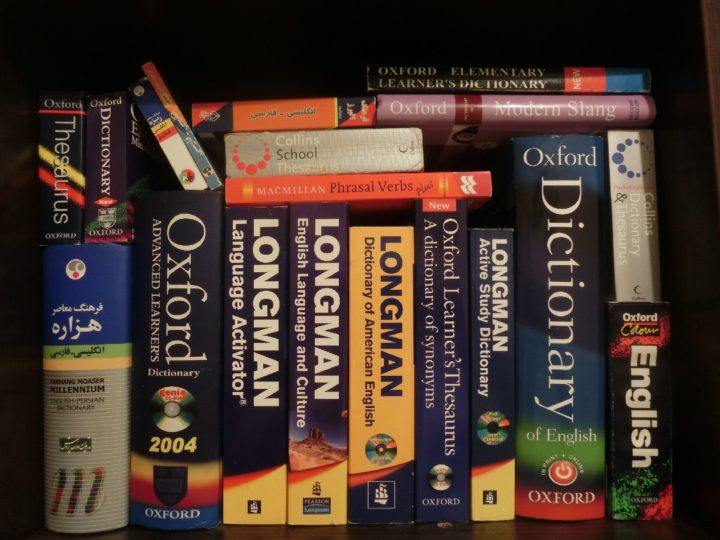
Great Bartending Defined
As far as industries go, service is about as fickle and inconsistent as they come. Which makes sense in some ways, I suppose, as the needs of all the personalities that make up our client base are as numerous as the wildly divergent personalities themselves. The arena we bartenders work in seeks to find a middle ground between pleasing as many people as possible and presenting a drinks program to them that we’re proud of, with our own personality, ideology and favourite products represented. As bars continue to become more quality-conscious they become leaner and more esoteric, product choice is made on a more educated basis than “it’s what we’ve always had”. The problem, of course, is providing the experience that the guests whose tastes do not match yours are looking for. Where to draw the line?
I often hear as a defence from bartenders and managers castigated for not having a certain product (and indeed from some who flat-out refuse to make certain drinks considered less than worthy) that if the kitchen isn’t expected to make a crab cake when the menu doesn’t offer one, why then should the bar have to cater to every little customer whim? I disagree with this as a direct comparison, I think people should expect certain universals in the world of cocktails from bar to bar (and it’s worth noting that I have worked with some kitchens that would just go ahead and make the crab cake, but that is certainly over and above reasonable expectation). There is a universality to bar culture that is somehow married to the notion of the bartender as a familiar, a touchstone you can seek out for commiseration and comfort no matter where in the world you find yourself. Along with a well-prepared Manhattan. The problem is, not everyone drinks Manhattans (that may be a problem only to me), which brings us back to the concern of our wildly diverse guests and their marvellously individual tastes.
Everyone who takes their car to a mechanic wants the same thing, to have a not-busted car, but our clientele each want something completely different depending on a multitude of factors on any given day. Have they had a good week at work, or a rotten one? Are they celebrating something? Are they healing something? Are they on a date, and if so is it a first? Or is this the same old routine that could use a bit of livening up? Do they want something cozy and familiar, or are they in a mood for exploration? We must train daily to size up each guest according to their needs of the day and provide for them exactly the experience they deserve. It’s an awesome responsibility, and the joy taken in it will always define for me the great bartenders. The superior men and women of this trade know when to entertain, and when to be a ghost. They take clues from brief conversations about taste and translate them into their guest’s new favourite drink on the planet. They turn them on to things they didn’t even know they cared for, like the barman who many years ago gently proved to me that not only did I not find Tequila nauseous, but that the real stuff is worthy of being placed upon a pedestal alongside the great Whiskies and Brandies of the world, and brought down to celebrate the most special of occasions. Great bartenders–like all who perform their life’s work with passion and curiosity–are educators.
This then is the essence of personalized service, and it is the province of a very particular personality type. It takes real work to remain invested in client care in this way day in and day out through ten hour shifts and vacillating personality types and moods and degrees of intemperance. This is why so much bar service you will encounter will be homogenized or even ego-centric. And it is why, when you find yourself a bartender worthy of your hard-earned dollars, you should treasure them, and hold the rest to a higher standard. We should have learned something about our guests by now.
Simon Ogden is a bartender and bar mentor in Victoria, BC, and the vice-president of the Canadian Professional Bartenders Association, BC Chapter.





